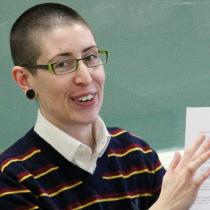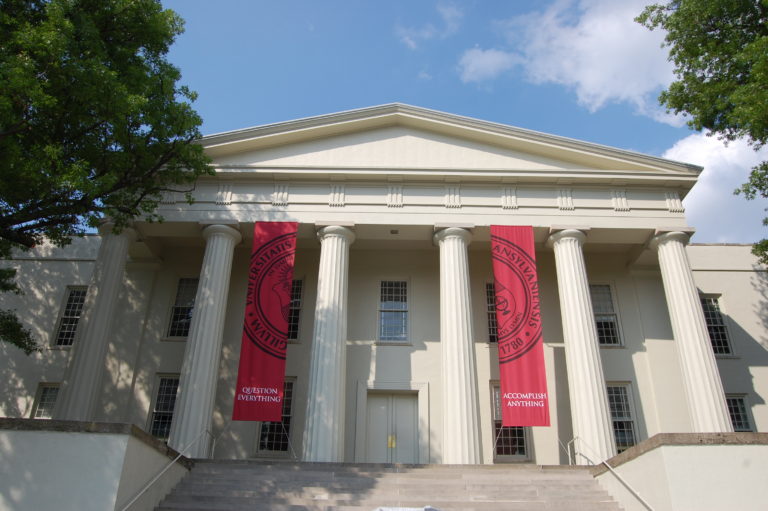Art and Music Events April 1st-April 13th
Transy Theater Guild: Festivus
March 30th–April 1st @ 7:30 p.m. in Little Theater. Free admission!
Capstone Creative Work: Senior Theater Majors Jared Auton, Justin Wright, Mollie LaFavers, Katie Brewer-Calvert, Haberlin Roberts, and Storytelling Major Christopher Perez present their final creative works. Ten-Minute Plays: Concert readings of new plays by W’17 Playwriting students.
My Mother#*!^%#! College Life: In 40 monologues and a few choruses, this ensemble questions everything they encounter: social justice and sexual identity, self-awareness and relationship boundaries, future prospects and roommate etiquette. What emerges is a humorous and heartbreaking portrait of a new generation struggling with higher ed’s promise of “personal transformation.” This world premiere reading features dramatic monologues written by 17 Transy student poets and playwrights and will be published by Dramatic Publishing.
Choir Concert
Sunday, April 2nd @ 3pm in MFA Carrick Theater
Come watch the Transylvania Choir and Transylvania Singers perform the entire Gospel Mass by Robert Ray!
Cheer and Dance National Showcase
Sunday, April 2nd @ 6:30pm in Beck Center
Come watch and support the cheer and dance teams perform their national dance routine before leaving for their national competition!
General Student Recital #2
Tuesday, April 4th @ 12:30pm in MFA Carrick Theater
General Student Recital #2. Come watch the music students perform in the second round of general student recitals!
Morlan Gallery: Senior Seminar Exhibition
Thursday, April 6th @ 12pm-5pm in MFA Morlan Gallery
Morlan Gallery: Senior Seminar Exhibition. Come see Transylvania University’s art majors showcase their best work in this culminating exhibition!
Opera/Musical Theater Showcase
Thursday, April 6th @ 7:30pm in MFA Carrick Theater
Opera and Musical Theater Showcase. Come support students, and see their hard work in Opera Workshop and Musical Theater!
Transylvania Theater Guild: MUCH ADO ABOUT NOTHING
Friday, April 7th @ 7:30 PM in Little Theater
One of Shakespeare’s best comedies, Much Ado About Nothing, is filled with mistaken identity, love, wit, humor, and drama. This completely student-run production has been updated to be set in the late 60s, early 70s of the Vietnam War Era, bringing a slightly different take on the classic tale. Come support the Theater Guild, and see this exciting play! Tickets are free, but must be reserved online.
TU Concert Band Concert
Friday, April 7th @ 7:30pm in MFA Haggin Auditorium
Come support Transylvania’s Concert Band and hear some wonderful music!
Transylvania Theater Guild: MUCH ADO ABOUT NOTHING
Saturday, April 8th @ 2pm in Little Theater
Saturday, April 8th @ 7:30pm in Little Theater
Sunday, April 9th @ 2pm in Little Theater
Chris Roseland: Classical Guitar Concert
Sunday, April 9th @ 3pm in Old Morrison Chapel
An all Italian program with works from these composers: J.S. Bach, Barrios Mangoré, Tárrega, Giuliani, Barrios, Domeniconi, and Santorsola; performed by classical guitarist and Transylvania University adjunct music instructor, Chris Roseland. Admission is free and open to the public!
General Student Recital #3
Tuesday, April 11th @ 7:30pm in MFA Carrick Theater
Come watch the third round of music students perform their music!
General Student Recital #4
Thursday, April 13th @ 12:30pm in MFA Carrick Theater
Come and support the music students in the fourth round of their GSRs!
Saturday, APRIL 15 @ 2:00PM & 7:30PM, Lexington Opera House. Cinderella: Presented by The Lexington Ballet. The Lexington Ballet performs this beautiful two act masterpiece under the artistic direction of Luis Dominguez. Buy your tickets now at www.lexingtoncenter.com!
Friday, April 21 @8:00PM, Lexington Opera House.
The Midtown Men: Presented by Broadway Live & The Opera House Fund. THE MIDTOWN MEN are bringing their magic to audiences everywhere, singing their favorite “Sixties Hits” from The Beatles, The Rascals, Motown, The Four Seasons, and more, back to life! Buy your tickets now at www.lexingtoncenter.com!













